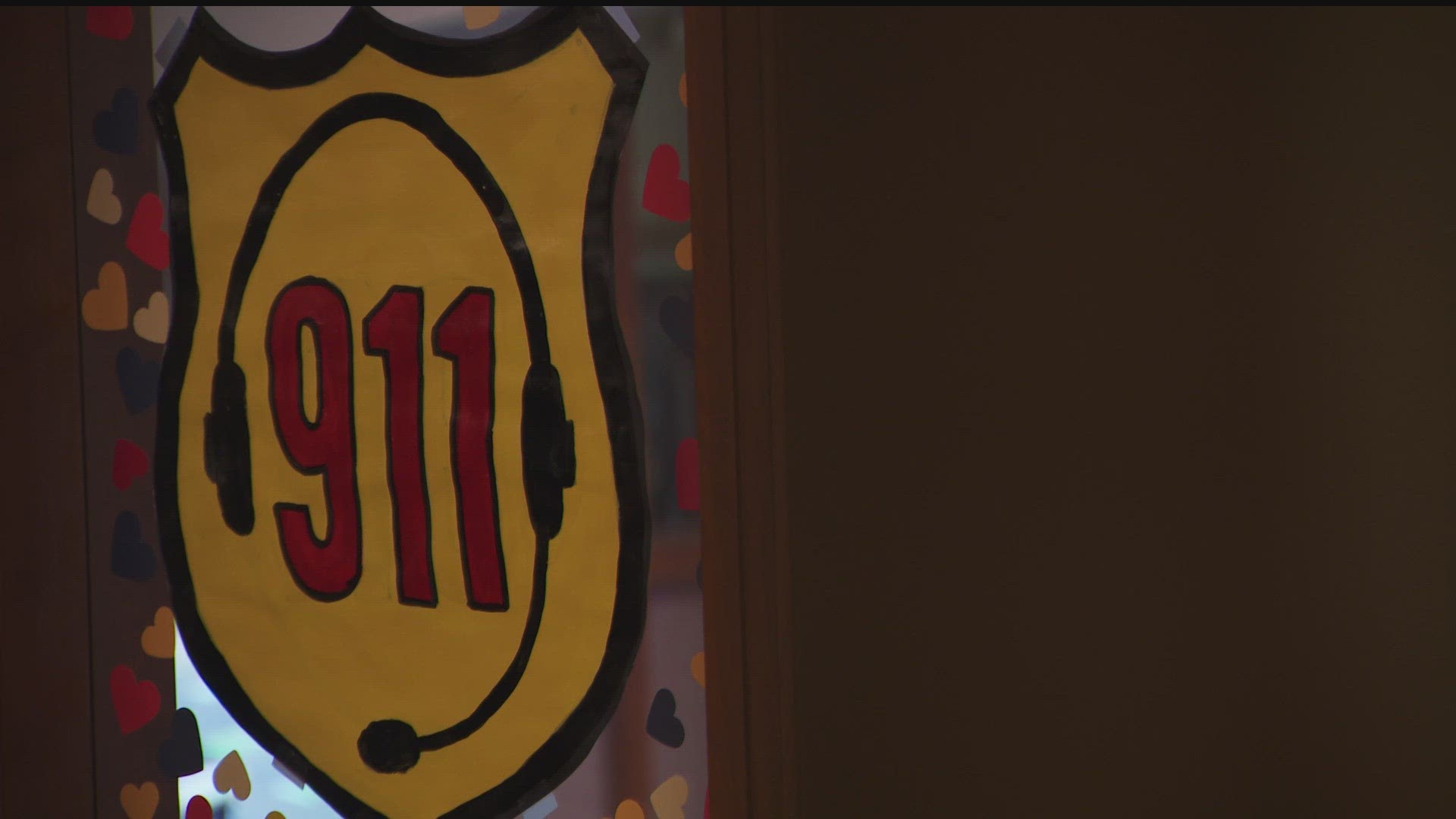MINNEAPOLIS — The Minneapolis 911 Center is ramping up hiring and adding new technology this year to bolster staffing and improve answering times, which currently fall short of federal guidelines set by the National Emergency Number Association (NENA).
According to Minneapolis 911 Director Joni Hodne, the department currently has 45 call-takers and dispatchers out of 69 authorized positions. In a city council committee meeting this week, Hodne attributed these staffing shortages to slower answering times. In August, data showed that Minneapolis 911 only answered 76 percent of calls within 10 seconds, below NENA's standard of 90 percent.
However, Hodne told KARE 11 on Friday that as many as 16 new staff members will be joining her team by the end of the year.
"Once we start to get them up and going, and completely trained, [we hope] that number will go back to the 90-percent range that we would like to see of answering those calls within 10 seconds or less," Hodne said in an interview. "The past few years have been very difficult. And I think we're in kind of a rebuilding mode right now."
To improve response times, Hodne's department is also implementing innovative technology to ease the burden on call-takers. That includes a new system for calls coming from alarm companies, which will connect the companies directly to dispatchers -- thereby eliminating the need for the call-taker. Hodne said that technology, which will be live by the end of 2023, could save as many as 30,000 to 40,000 calls per year for call-takers. Currently, the 911 center in Minneapolis fields about 600,000 calls per year.
Hodne said her staff is also working on new technology for automatic callbacks in the event of accidental hang-ups, which could free up call-takers for other duties.
"With the staffing shortages, we're looking at anything that we can to think outside the box," Hodne said.
Hodne and other 911 professionals are also pushing for legislation that would upgrade the classification of call-takers and dispatchers to first responders, which would help bolster their mental health and retirement benefit options.
April Heinze with the National Emergency Number Association urged Congress to move forward with that legislation.
"Today, the federal government currently classifies 911 telecommunicators as clerical or receptionist. Unfortunately, clerical and receptionist-type classifications don't receive the same level of pay as our protected-services classifications do," Heinze said. "They don't receive the same types of benefits like mental health and wellness, worker's comp for PTSD... these are all issues that our 911 professionals do suffer from."
Just last month, a bipartisan group of lawmakers also wrote a letter to the National Telecommunications and Information Administration, asking the agency to "follow Congressional intent in the creation of a plan for a competitive grant program to provide 911 call centers and agencies with resources to help 911 professionals address critical training needs."
In Minneapolis, Joni Hodne said the 911 Center boosted pay for their staff last year as well to help retain employees. A call-taker currently starts at about $30 per hour.
"The staff right now, we've been running short for quite some time. After the pandemic and the civil disturbance in Minneapolis, it's been difficult to get recruitment," Hodne said. "The staff that is here right now is working long hours. They're amazing. But we're trying to get more people in here."
Watch more local news:
Watch the latest local news from the Twin Cities and across Minnesota in our YouTube playlist:

